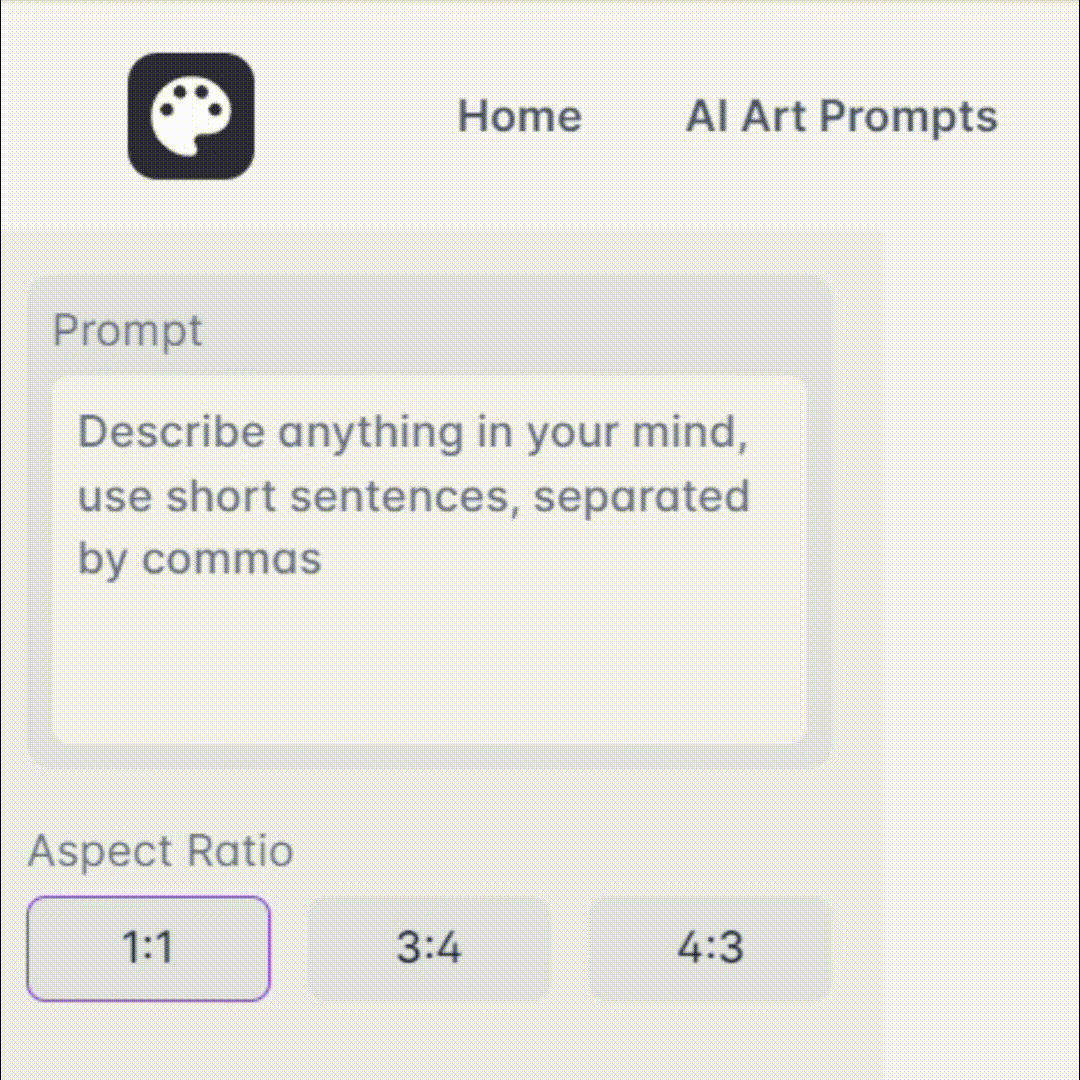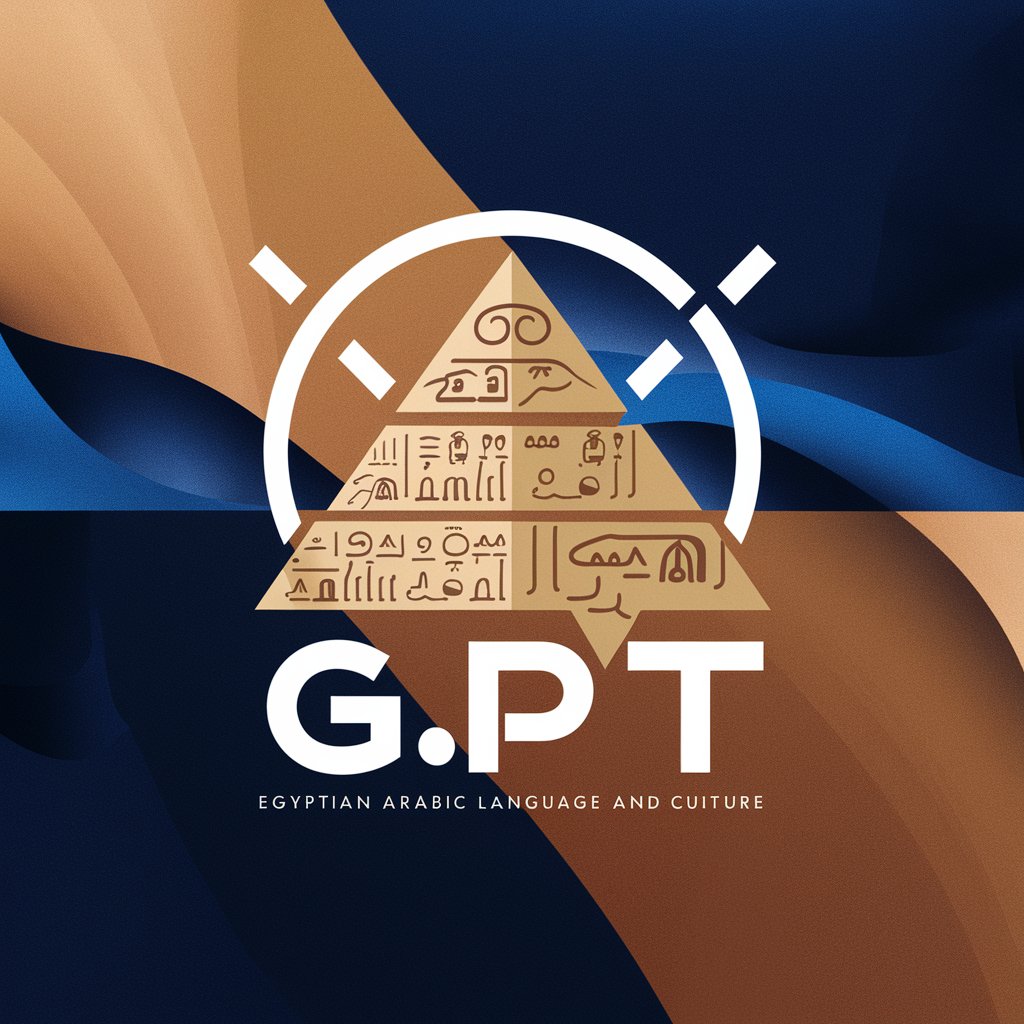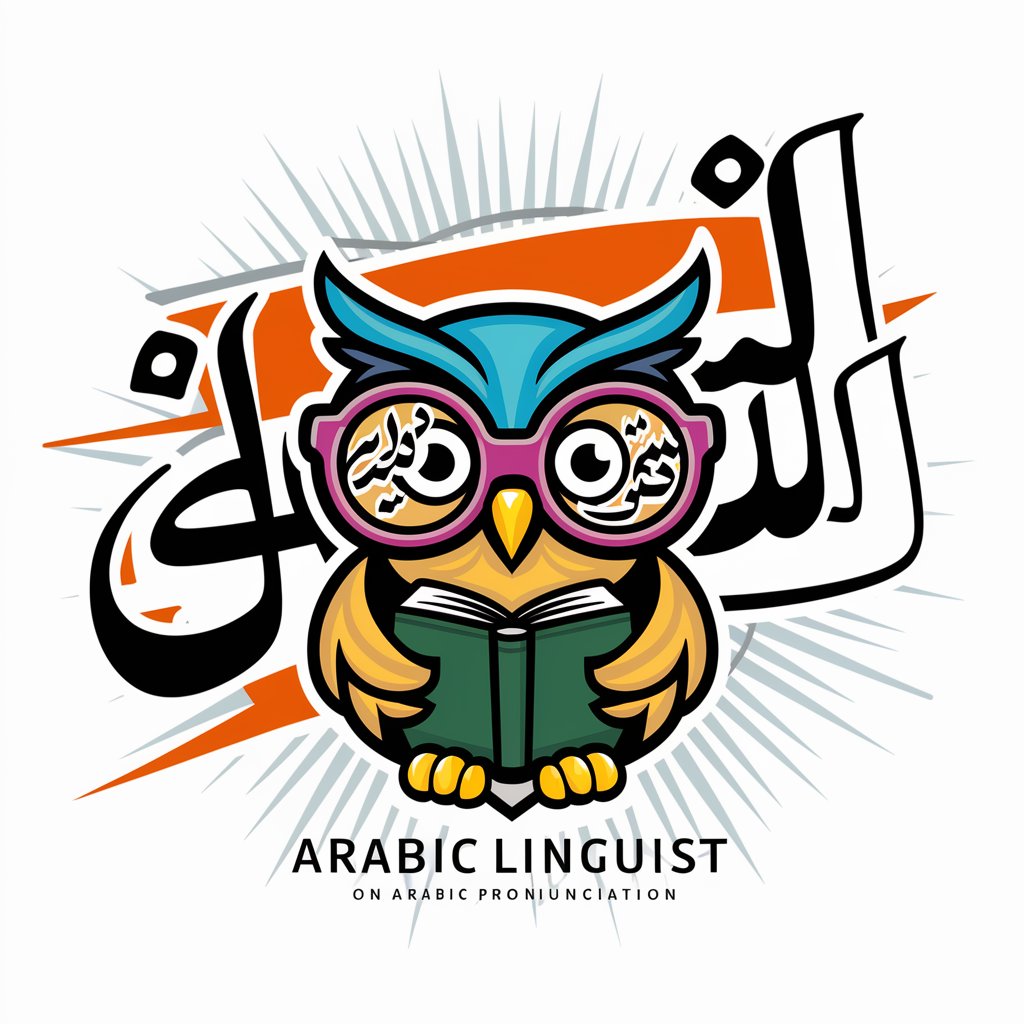
Levantine Arabic - Levantine Arabic Learning
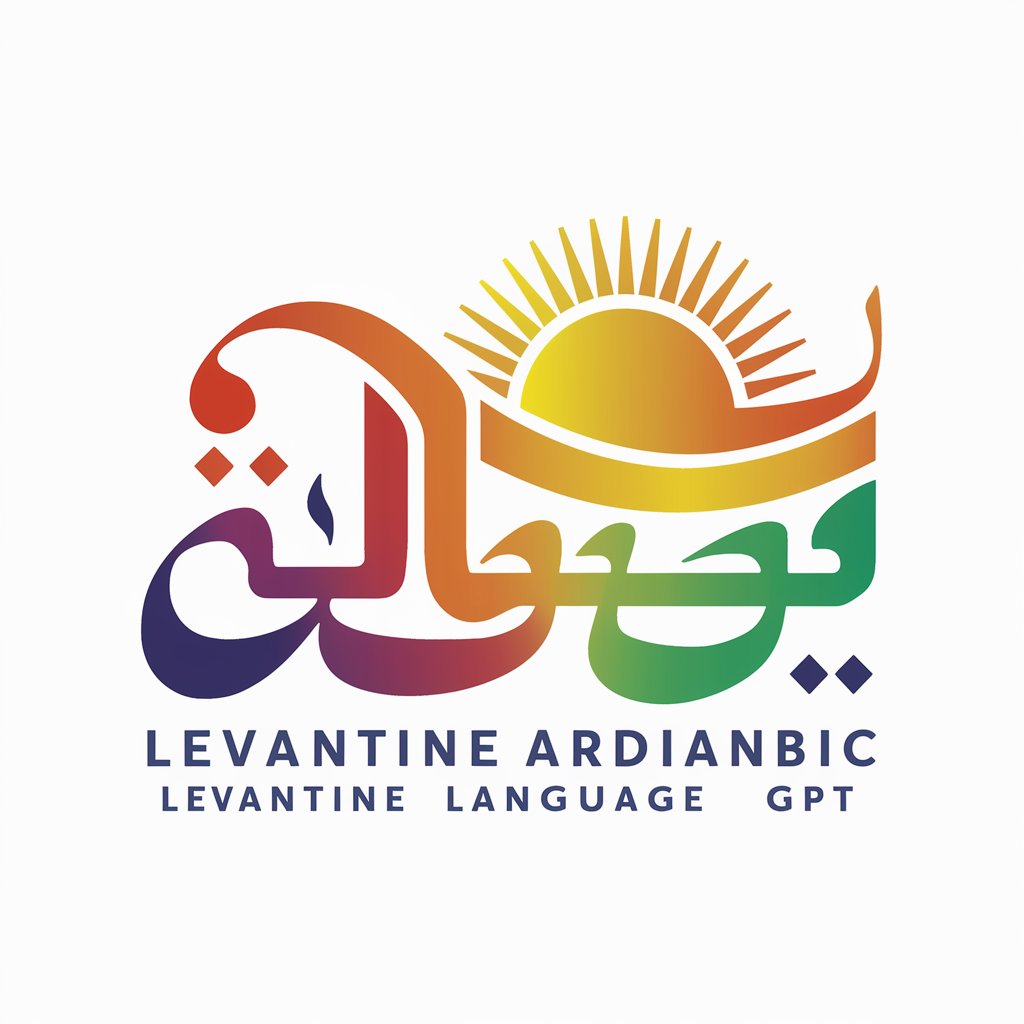
Marhaba! I'm here to help you explore and learn Levantine Arabic.
Master Levantine Arabic with AI
Translate this English sentence to Levantine Arabic:
What are some common misconceptions about Levantine Arabic?
Can you recommend some resources for learning Levantine Arabic?
Tell me about the cultural significance of Levantine Arabic in daily life.
Get Embed Code
Overview of Levantine Arabic GPT
Levantine Arabic GPT is designed to specialize in the Levantine dialect of the Arabic language, which is spoken in countries such as Jordan, Lebanon, Palestine, and Syria. This GPT aims to provide users with translations, cultural insights, and educational content related to Levantine Arabic. It offers an engaging and informative experience for those interested in the dialect, from linguistic nuances to cultural practices. For example, when a user wants to know how to greet someone in Levantine Arabic, the GPT could respond with 'Marhaba' for 'Hello' and explain that it's a common greeting across the Levant region, often accompanied by 'Keefak?' (How are you?) when addressing a male, or 'Keefik?' for a female. Powered by ChatGPT-4o。

Core Functions of Levantine Arabic GPT
Language Translation and Explanation
Example
Translating phrases like 'What's your name?' into Levantine Arabic as 'Shu ismak?' (for a male) or 'Shu ismik?' (for a female) and providing context about informal and formal contexts of use.
Scenario
A user planning to visit Beirut might want to learn basic phrases. The GPT can provide translations and teach the user about appropriate contexts for different expressions.
Cultural Insight Sharing
Example
Explaining the significance of the olive harvest season in Levantine culture, including traditions, meals, and social activities associated with this time of year.
Scenario
Someone researching Levantine traditions for a cultural project can get detailed insights into local customs, enhancing their understanding and appreciation of the culture.
Language Learning Support
Example
Offering tips on pronunciation, common phrases, and grammar rules specific to Levantine Arabic, such as the use of the 'shadda' to emphasize consonant doubling.
Scenario
A language learner struggling with pronunciation can receive tailored advice and exercises to improve their spoken Levantine Arabic.
Cultural Misconception Clarification
Example
Addressing common stereotypes, such as the misconception that all Arabic dialects are the same, by highlighting the unique characteristics of Levantine Arabic.
Scenario
Educational settings where students are exploring Arabic dialects can benefit from clear explanations about the diversity within the Arabic language, fostering a deeper understanding.
Target User Groups for Levantine Arabic GPT
Language Learners
Individuals or students interested in learning Levantine Arabic, from beginners seeking basic phrases for travel to advanced learners aiming to refine their fluency and grasp of regional dialects.
Cultural Enthusiasts
People fascinated by the cultures of the Levant region who wish to deepen their understanding through language, traditions, and social practices unique to countries like Lebanon, Syria, Jordan, and Palestine.
Academic Researchers
Scholars and students conducting research related to the Levant, including linguistic studies, cultural anthropology, and regional history, who require in-depth information and linguistic tools.
Travelers and Expatriates
Travelers planning visits or expatriates living in Levantine countries who want to integrate into local communities by learning the language and cultural norms, thus enhancing their experiences abroad.

Using Levantine Arabic: A Step-by-Step Guide
Start with a Trial
Begin by accessing a free trial to immerse yourself in Levantine Arabic without the need for registration or a premium subscription.
Identify Your Goals
Determine your learning objectives, whether for casual conversation, business communication, or cultural immersion, to tailor your study plan effectively.
Engage with Content
Utilize interactive lessons, real-life dialogue simulations, and cultural notes provided to gain practical knowledge and cultural insights.
Practice Regularly
Incorporate daily practice into your routine using the tool's exercises and quizzes to enhance your fluency and comprehension.
Explore Advanced Features
Take advantage of advanced learning tools such as voice recognition for pronunciation practice and chatbots for conversational Arabic.
Try other advanced and practical GPTs
Court Reporter Proofreader
Streamlining Legal Transcripts with AI

This Is The Song We Sing meaning?
Unleash creativity with AI insight
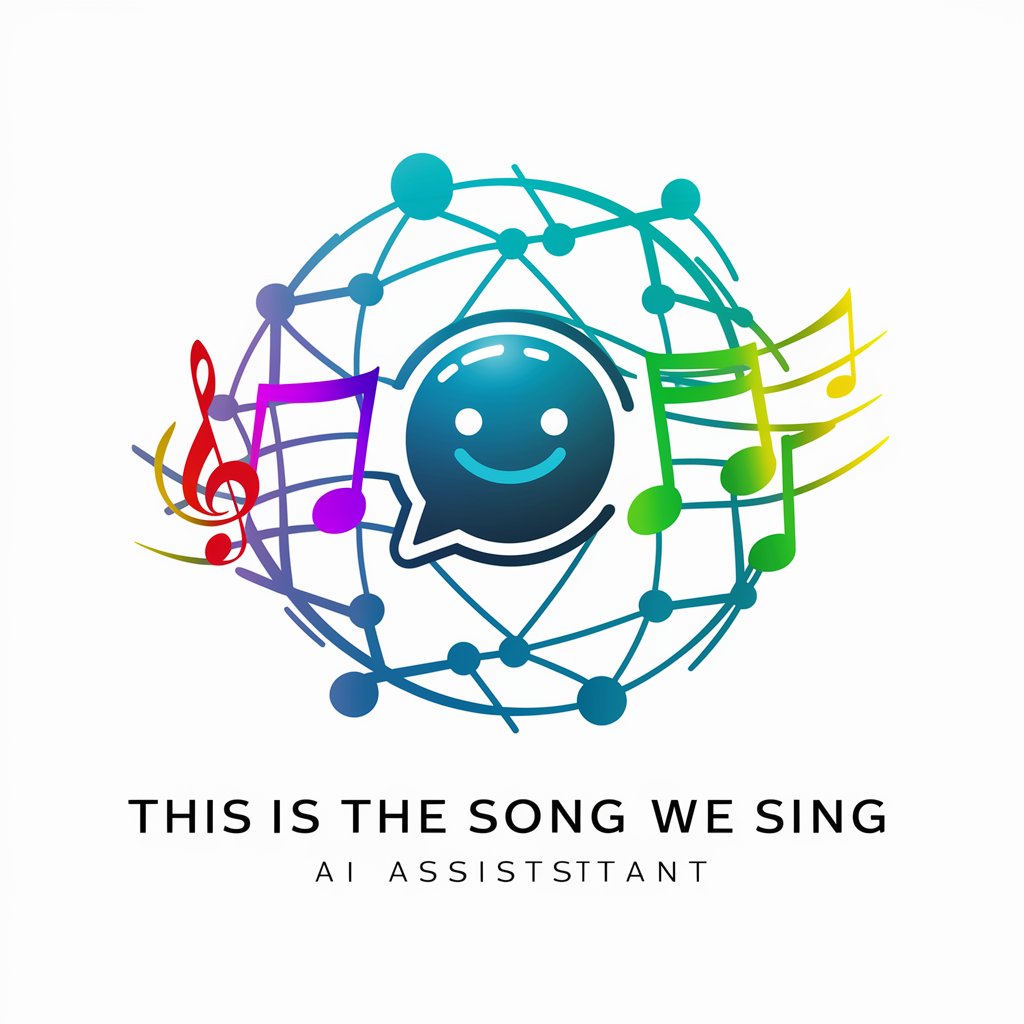
Scriptwriting
Elevate Your Scripts with AI

Paparazzi
Illuminate the Stars of Cinema

Personalized Climate Action Planner
AI-Driven Climate Action Guidance

Climate
Empowering Climate Awareness with AI

What She Did meaning?
Unlock deeper understanding with AI

Jealousy (Live) meaning?
Unraveling Jealousy with AI Insight

Peace Is Here meaning?
Discover Inner Peace with AI
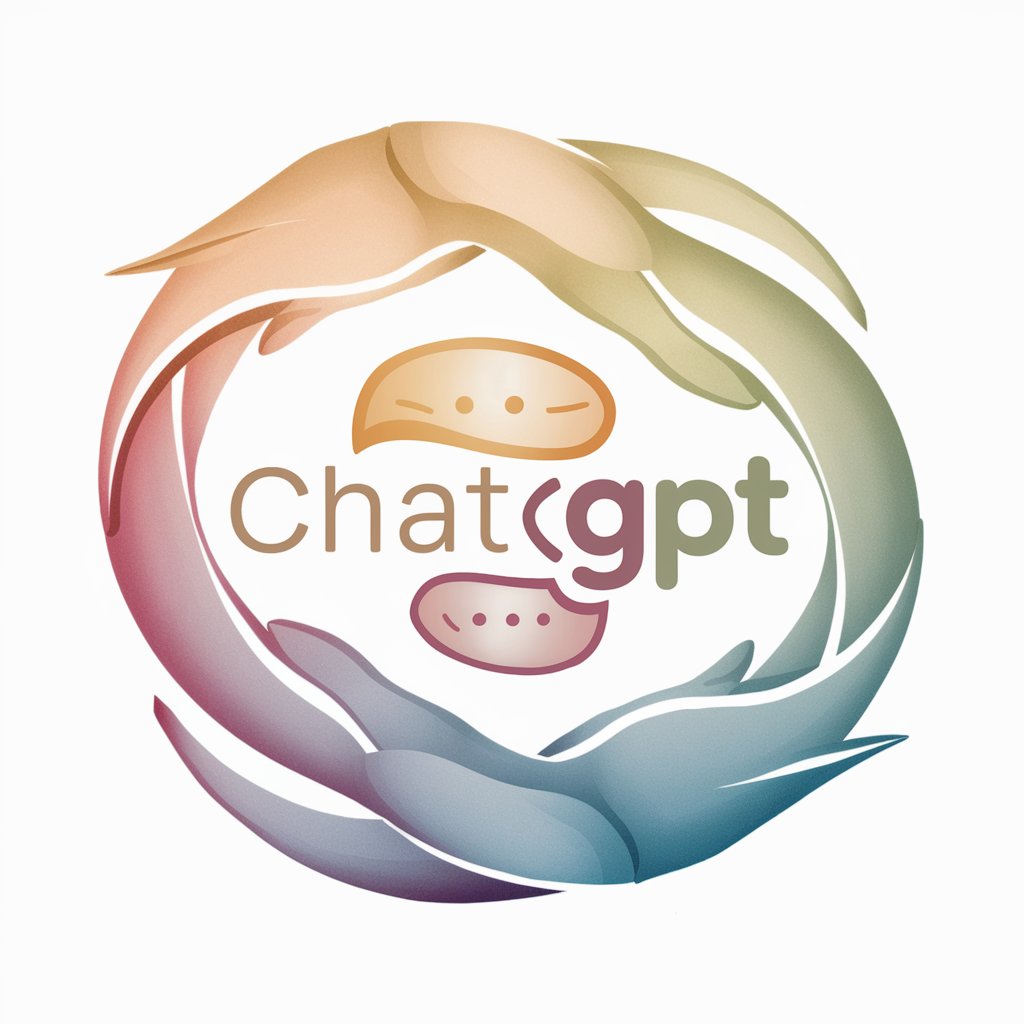
Mary Go Round meaning?
Empowering Your Words with AI

Second Handed Flowers meaning?
Unraveling Deeper Meanings with AI

Old Doc Brown meaning?
Unlock insights with AI-powered exploration
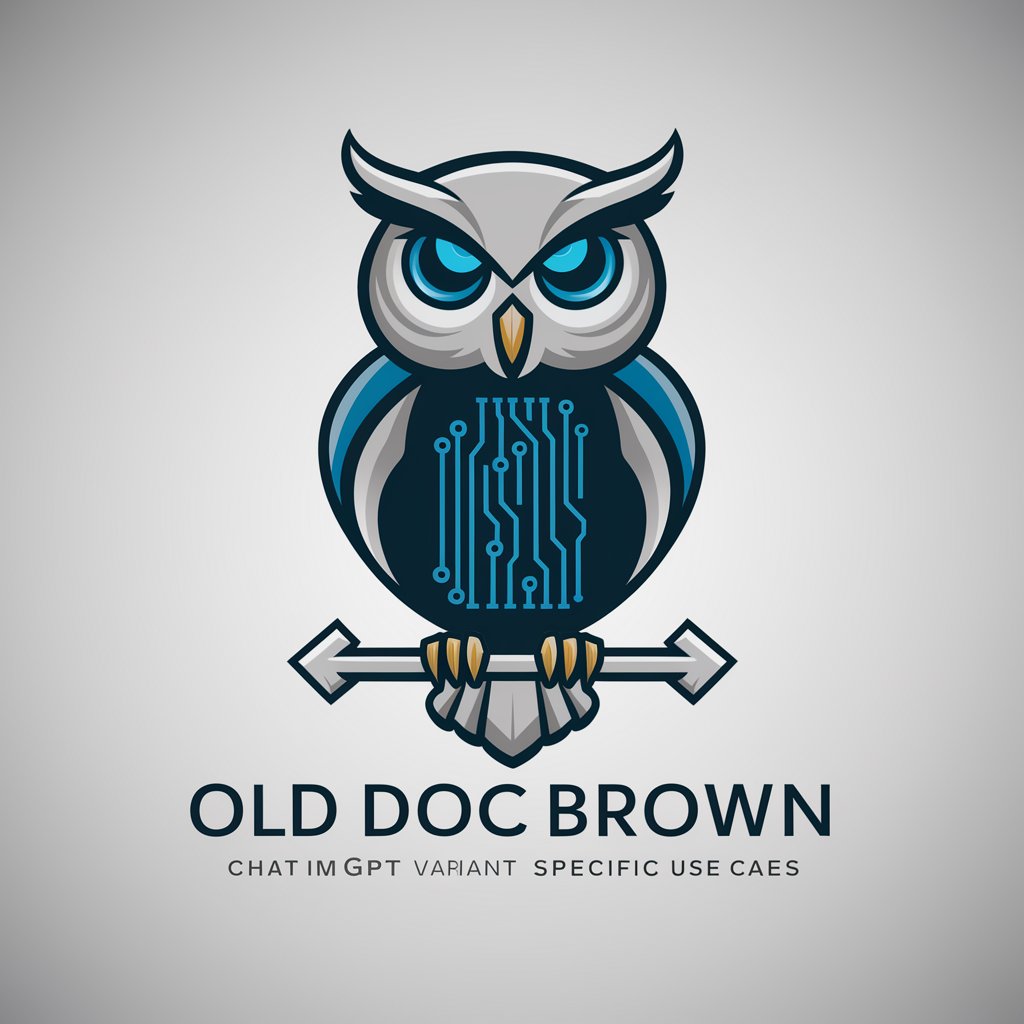
Frequently Asked Questions about Levantine Arabic
What is Levantine Arabic?
Levantine Arabic is a dialect of Arabic spoken in the Levant region, encompassing countries like Lebanon, Jordan, Syria, and Palestine. It's known for its distinct pronunciation, vocabulary, and expressions compared to other Arabic dialects.
How different is Levantine Arabic from Modern Standard Arabic?
Levantine Arabic differs significantly from Modern Standard Arabic (MSA) in terms of pronunciation, grammar, and vocabulary. MSA is used in formal writing and speech, whereas Levantine Arabic is used in everyday conversation.
Can I use Levantine Arabic for all my communication needs in the Levant?
Yes, Levantine Arabic is widely understood and used across the Levant for daily communication. However, for formal or academic purposes, Modern Standard Arabic might be required.
Are there any online resources to learn Levantine Arabic?
Numerous online platforms offer courses and resources to learn Levantine Arabic, including language apps, websites with interactive lessons, and YouTube channels dedicated to teaching the dialect.
What are some cultural nuances to be aware of when using Levantine Arabic?
Understanding cultural context is crucial in Levantine Arabic. This includes the use of polite expressions, understanding local idioms, and being aware of cultural sensitivities and norms.
